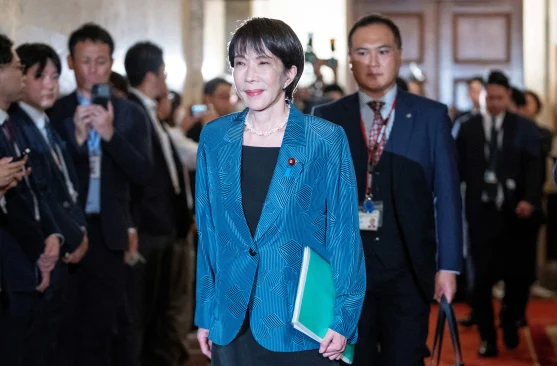Copyright Bloomberg

The Senkaku Paradox describes how small stakes can lead to big conflicts at a time of great-power rivalry. While the term’s origins lie in military warfare, it can also be applied to the escalating economic standoff between the Netherlands and China over microchip firm Nexperia. The mounting risk of a chip shortage triggered by politics, rather than disease or armed conflict, should be a warning for Europe to deal with its big trade-war vulnerabilities. Last week, the Dutch government seized control of Netherlands-based, Chinese-owned Nexperia, invoking a Cold War-era law designed to secure access to critical goods in an emergency. The supplies in question are fairly low-tech, such as transistors and diodes, but they’re critical for everything from cars to medical devices — and Nexperia accounts for 10% of the global market. The justification for this bold but risky move was evidence of conflicts of interest and attempted shifting of assets by Chinese parent Wingtech Technology Co. Ltd., as laid out in court filings.



